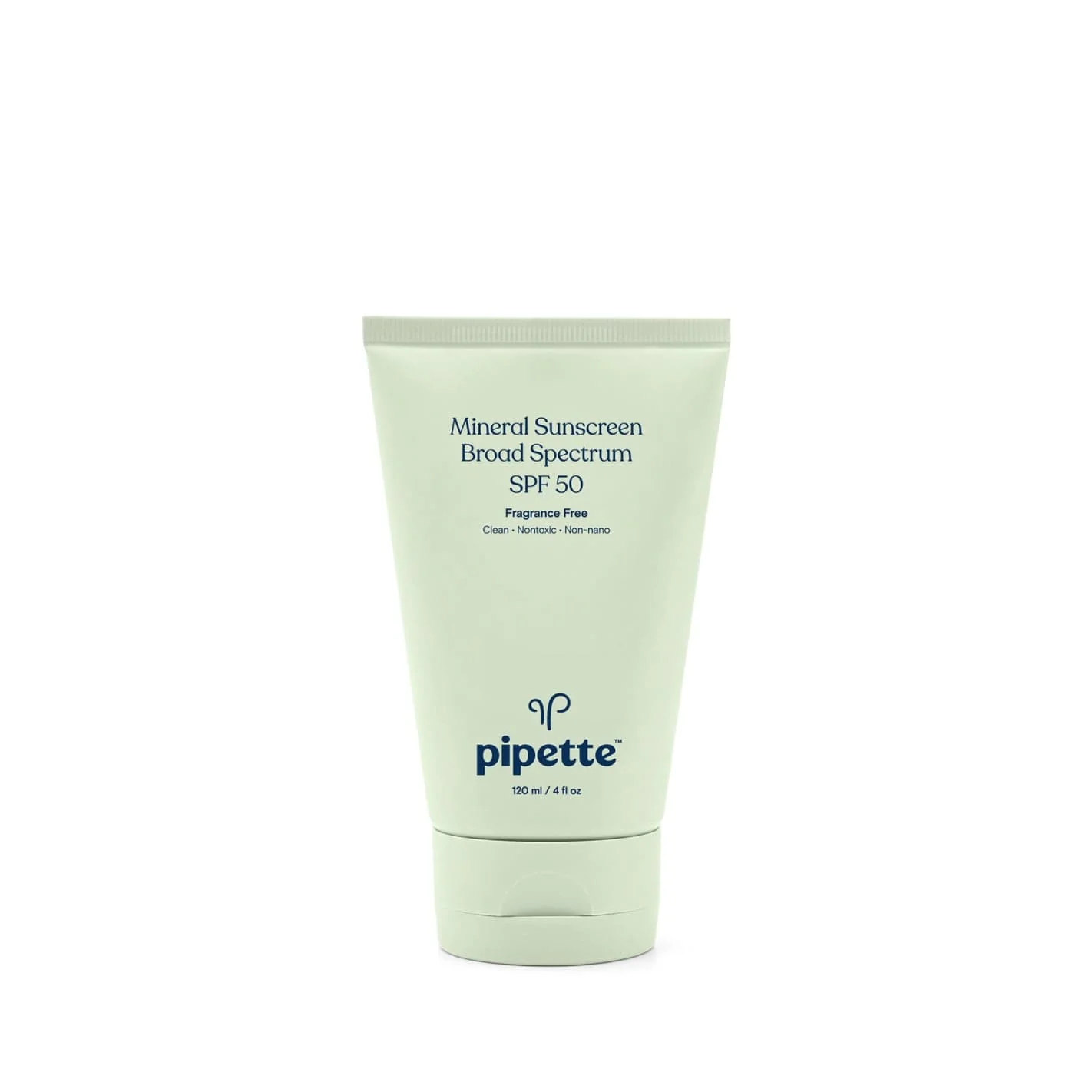Top 3 Clean Sunscreens
- hadleyhenriette
- Jul 29, 2024
- 2 min read
Direct midday sun is bad for your skin, but is your sunscreen worse? If you're loading up on toxic chemicals from a drug store brand, you might be surprised by the answer. Fortunately, you don't have to choose. These clean, reef-safe sunscreens have you covered in the best way possible.
Sky and Sol Beef tallow sunscreen is considered "Level 5" because it is safe enough to eat! No white cast or bad chemicals. Shop here and get 10% off
2. Pipette
Originally formulated for babies, everyone loves this light, mineral suncreen that blends well and has no baddies in it. Buy it here.
3. Project Reef.
Hawaiian sunscreen that protects both your body and the reef. Win-win!
When choosing a sunscreen, look for products that use mineral-based ingredients such as:
Zinc Oxide: Provides broad-spectrum protection and is gentle on the skin.
Titanium Dioxide: Also provides broad-spectrum protection and is less likely to cause skin irritation.
If it has any of the following—don't even give it away to yoru worst enemy. Just throw it in the trash!
1. Oxybenzone: Oxybenzone is an endocrine disruptor, which means it can interfere with hormone function. It has been linked to hormone imbalances, allergic reactions, and cell damage. Additionally, it is harmful to coral reefs and marine life.






